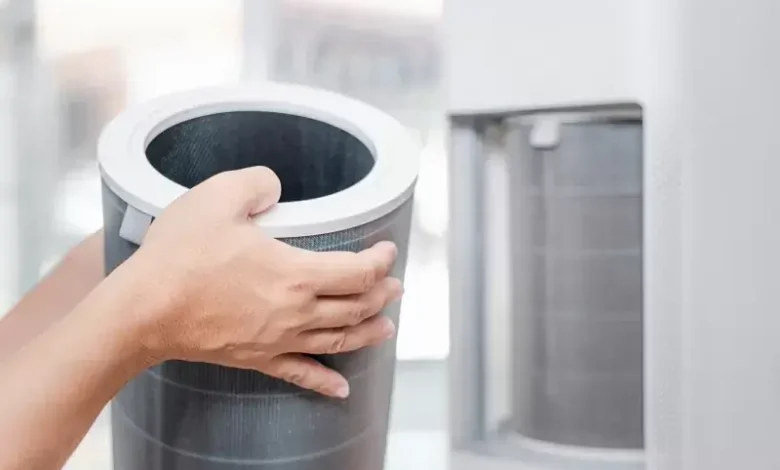The Ultimate Guide to Air Filter Replacement: Breathe Easier in Your Home

Air filters play a vital role in maintaining a healthy and comfortable indoor environment, protecting us from allergens, pollutants, and pathogens. Regular replacement of air filters is crucial for ensuring optimal air quality and the efficient operation of your heating, ventilation, and air conditioning (HVAC) system. In this comprehensive guide, we will delve into the world of hvac air filters replacement, providing practical information and tips to help you maintain a clean and safe indoor atmosphere in your home.
Introduction to Air Filters and Their Importance
Air filters are designed to capture airborne particles such as dust, pollen, mold spores, pet dander, bacteria, and viruses. By trapping these contaminants, air filters not only improve indoor air quality but also protect your HVAC equipment from damage and maintain its efficiency. Regularly replacing air filters is essential for ensuring their continued effectiveness and safeguarding the health and well-being of occupants.
Safety Measures During Air Filter Replacement
Before you begin replacing air filters, it is essential to take the necessary safety precautions. Make sure to turn off the HVAC system and disconnect any power sources before you start working on your unit. You should also wear protective gear such as gloves, goggles, and a dust mask when handling and disposing of old filters. Additionally, here are some more tips to keep in mind for safe air filter replacement:
- Ensure you have the correct size and type of filter for your HVAC system.
- Make sure to install filters properly and securely so that they are not loose or misaligned.
- Securely tape any open seams on filters to prevent dust particles from escaping into the air.
- Clean and vacuum dust, dirt, or debris around the filter compartment before replacing filters.
- Dispose of old air filters properly – never simply throw them away.
- Contact a professional HVAC technician if you are unsure about any step in the process or need help with installation.
- Avoid touching your face during the replacement process to prevent the transfer of contaminants.
- Dispose of used filters in a sealed plastic bag to minimize the release of particles back into the air.
When to Replace Your Air Filter
The frequency of air filter replacement depends on several factors, including the type of filter, indoor air quality, and external environmental conditions. As a general rule, follow these guidelines:
- Fiberglass filters: Replace every 30 days
- Pleated filters: Replace every 3-6 months
- HEPA filters: Replace every 6-12 months
However, if you have pets, allergies, or live in an area with high pollution levels, you may need to replace your filter more frequently.
Risks of Not Replacing Air Filters
Like any other component of your HVAC system, air filters need to be replaced regularly in order to function properly. Failing to replace air filters can lead to a variety of problems, including:
- Reduced HVAC system efficiency
- Increased energy consumption and utility bills
- Poor indoor air quality, contributing to allergies and respiratory issues
- Damage to HVAC equipment due to dust and debris buildup
In Conclusion
Regular air filter replacement is essential for maintaining a healthy and comfortable indoor environment in your home. By understanding the different types of filters, following a step-by-step replacement process, and adhering to recommended replacement schedules, you can protect your HVAC system, reduce energy consumption, and safeguard the health of occupants. For additional information and resources, consult your HVAC system’s manual or contact a professional HVAC technician.
